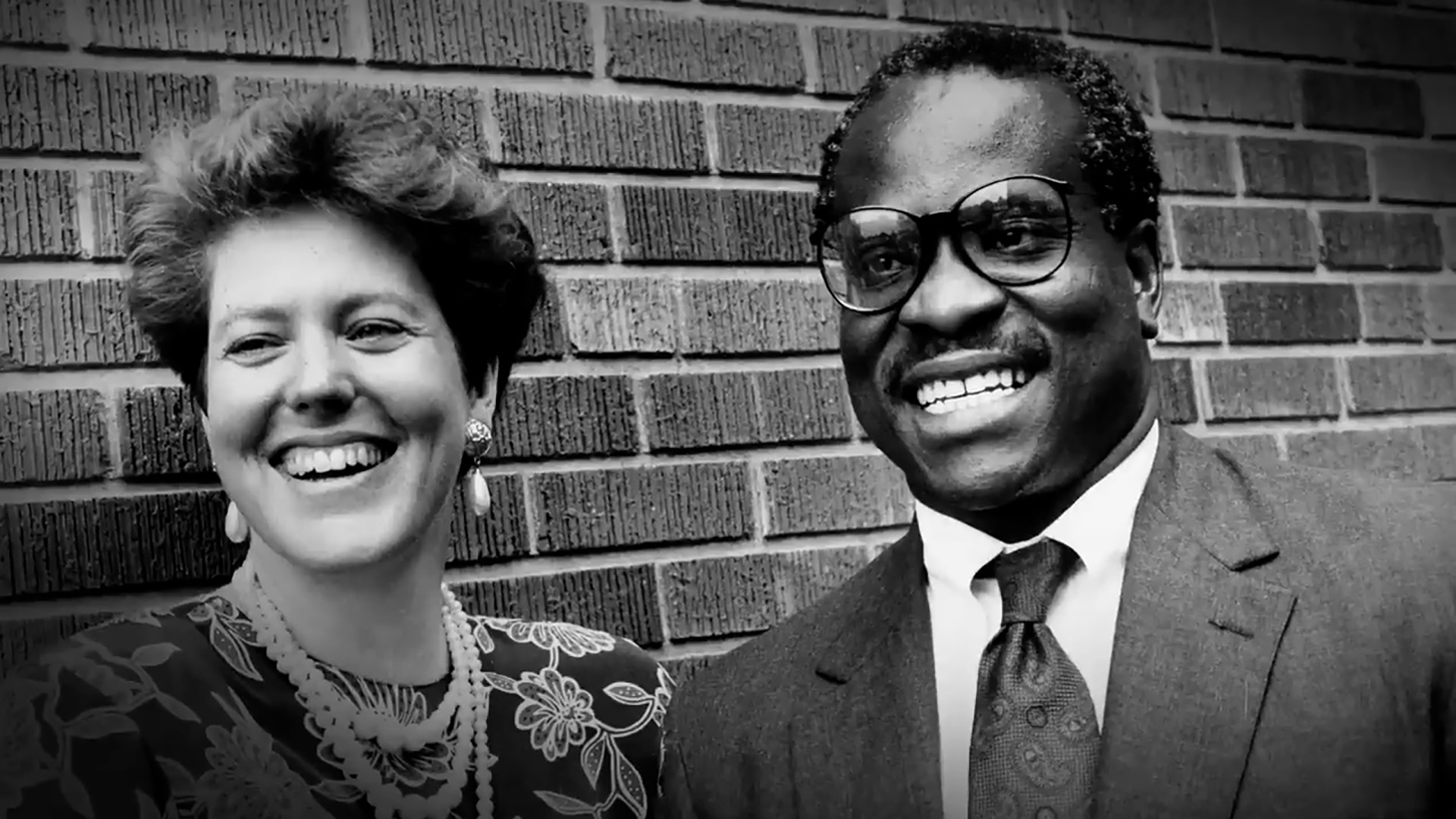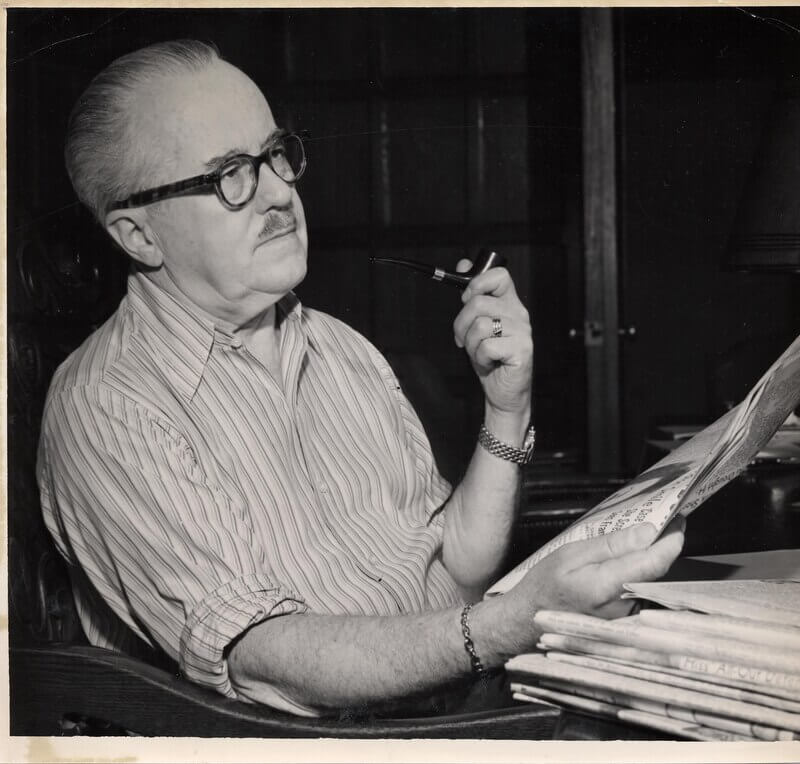


FRONTLINE (PBS), 2024
Author(s): Michael Kirk, Mike Wiser, Vanessa Fica and Jane Mayer
Supreme Court Justice Clarence Thomas and his wife Ginni Thomas have been at the center of a controversy regarding the power and influence justices of the court (and their spouses) wield. Filmmaker Michael Kirk and his team created a vivid documentary that traces the rise of the Thomases, their contrasting backgrounds and potential conflicts of interest and ethical concerns.
The film traced Thomas’ journey from a poor, segregated upbringing in the South to the refuge he found in the Catholic Church. Emotionally charged interviews with his childhood friends and former girlfriend revealed the racial prejudice he experienced in Georgia’s segregated schools and at Yale Law School. The producers also explored Ginni Thomas’ upbringing, featuring interviews with her high school boyfriend, among others, and detailing how her family’s close connections to right-wing figureheads led to her own conservative activism.
The documentary follows along as the justice grows up, zooming in on several defining events, including his:
Dalliance with the Black Panther Movement
Disillusionment with Yale
Distaste for affirmative action
The documentarians explored his ideologies and philosophies, seeking to understand his rationale and the factors that determined his positions. The documentary also examines the 1991 sexual harassment allegations made by his subordinate Anita Hill.
Just days before this documentary premiered, ProPublica broke news of Thomas’ controversial relationship with billionaire Harlan Crow, revealing perks and privileges Thomas did not disclose to the public. Kirk and his team quickly procured additional interviews to add context to this news and make the film as complete as possible.
Article by: Leyla Shokoohe

In 1921, Roy W. Howard became chairman of the board and business director of Scripps. One of the most influential newsmen of his day, Roy served as president of the company until he retired in 1952, when he was named chairman of the company’s executive committee.